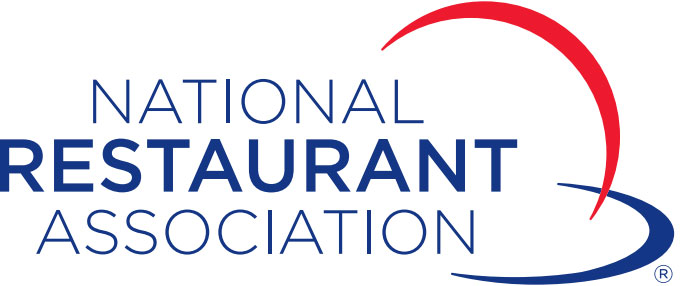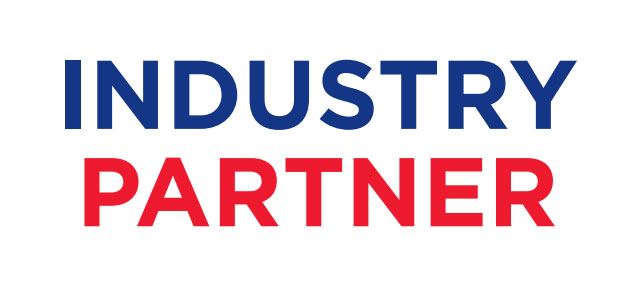Franchises, in many ways, give entrepreneurs a better chance at succeeding when starting a new business. They can eliminate the risk of starting a new company by allowing a new business owner to buy-in to a proven model with an established brand. Today, you can buy Wendy’s or McDonald’s franchises or just about any other kind of business and capitalize on big names while operating under a proven method for making money. There are many advantages to purchasing a franchise, but just like any business, when it comes to tax time, there are some Tips You Need to Know About Taxes as a Franchise Owner.
Tax Tips for the Franchise Owner
First, a disclaimer: Gecko Hospitality isn’t a tax advisory firm. However, we know a thing about franchises, since that has been our business model since 2003.
Let’s start with state taxes. When most franchise owners start out they typically own just one or two businesses within a single location or a state. As they grow, they may cross other state lines which makes filing taxes more complex.
Some of the tax considerations that we’ve heard about over the years include some tricky rules governing state taxes for franchise owners with operations in multiple states. The sales tax and taxes on gross revenue or net income vary by state. Property taxes, occupational taxes, and others can make for a complicated snarl of accounting when it comes to tax time.
Each state has its own rules for payroll taxes, too, and many use a combination of receipts from capital, sales, and payroll to allocate taxes to the business’s net income.
It’s a good idea to assume if your business is expanding, that your tax liabilities and complexities will also grow, so plan accordingly.
Then there is the franchise tax. Despite the name, this isn’t a tax put specifically on franchise businesses. This is a tax that states put on companies for the “privilege” of doing business there. It’s separate from the state income tax we just talked about. A franchise tax can also be called a commercial activity tax or something else, depending upon the state. States assess something called an “economic nexus” to determine your local presence as a franchise owner and whether you’re making enough of an economic impact to charge you the franchise tax. If this sounds confusing, you are not wrong.
We haven’t even touched on income taxes, which you’ll find on your P&L statement. This section on your balance sheet reports assets and liabilities. Subtracting your liabilities (debt) from assets shows your net worth. The franchise tax is usually assessed on the business’s wealth or its net worth.
Then there are federal taxes, which are a completely different can of worms for most business owners. However, the most important thing to talk about with your tax advisor is whether and how much you can deduct franchise expenses from your federal and state taxes.
We know that generally, you cannot deduct personal expenses from your franchise taxes. However, there are a few deductions to ask your tax advisor about if you are a franchise owner. For example, did you know you can deduct your franchise fees or the fees you pay to license your franchise? Business travel may also be a deduction. Talk with your tax advisor to make the most of your franchise investment.
Gecko Hospitality works with franchise owners to help them find the staff they need for their business. Talk with our team about how we can help your business today.









